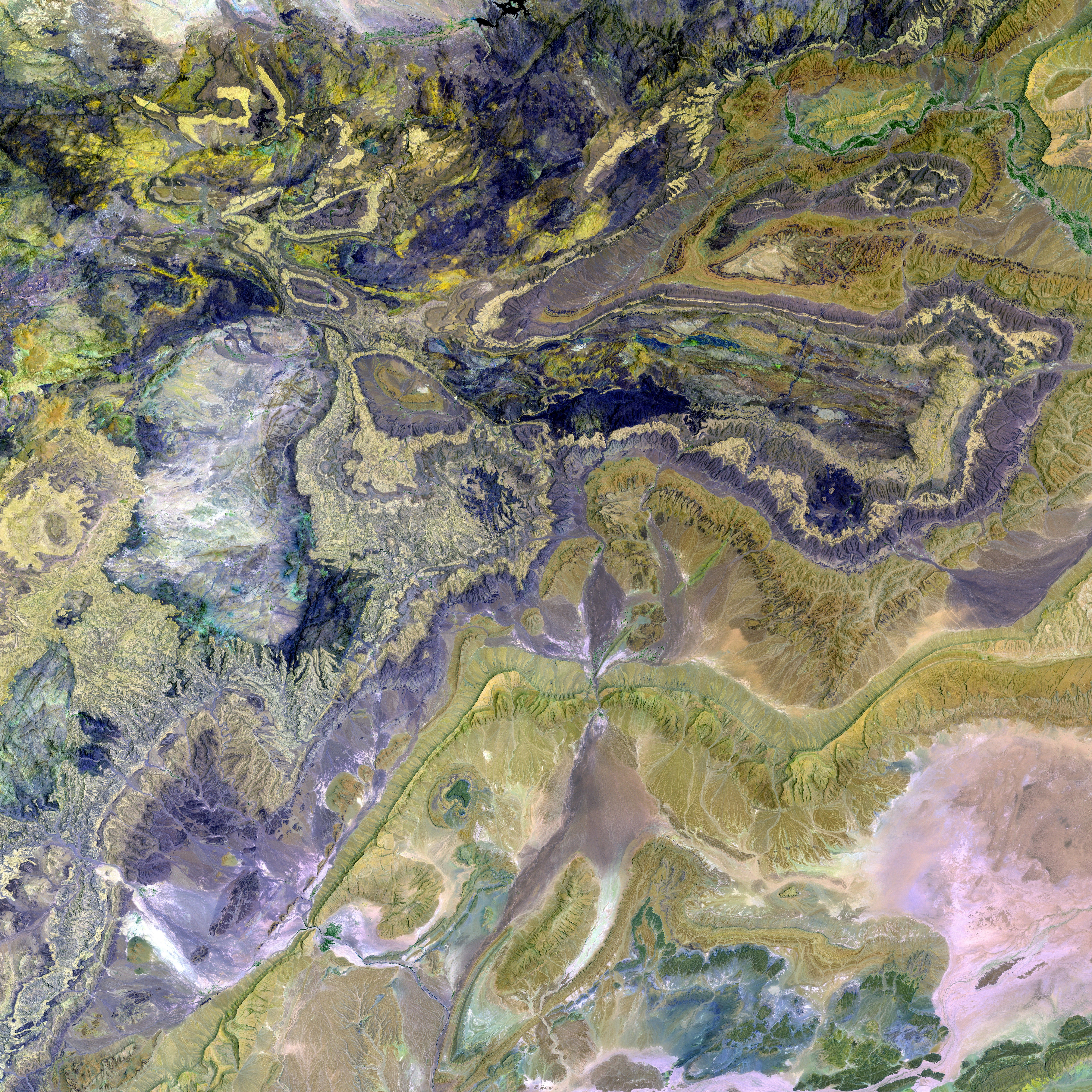Relaxing Wolf Protection Rules Sparks Controversy in EU
European lawmakers endorse increased wolf culling
The future sees wolves becoming easier targets in the EU. A majority of MEPs, in an urgent vote in Strasbourg, decided to lower the wolf's protection status from "strictly protected" to "protected." Although this decision still requires adoption by EU member states, it's expected they'll follow suit. Many countries are pushing for more wolf hunts to safeguard their livestock.
Post-decision, Germany can adjust its national law to implement the reduced wolf protection status, as per a spokesperson from the Federal Ministry of the Environment. Note that there's no immediate automatic effect of a change in the Fauna-Flora-Habitat Directive (FFH) on German law. Modifications to the Federal Nature Conservation Act and possibly the Federal Hunting Act are essential. According to the new federal government's coalition agreement, the EU-level decision should be incorporated swiftly into German law.
Panorama's ongoing debate about extinct species, "Is the Notorious Wolf Back After 10,000 Years?" establishes that problematic wolves may now be more easily eliminated, not for indiscriminate hunting but for regions plagued by wolf-related issues.
Criticism of the Decision
The Bundesrat also recently advocated for relaxed shooting rules. The motivation behind the change is a proposal by the EU Commission, initiated by earlier Parliament demands. Specifically, the FFH regulations are set to change regarding wolves. Member states would be granted more freedom in handling their respective wolf populations, provided they maintain a "favorable conservation status" as the primary objective.
BacklashThe Greens criticize the decision for lack of scientific basis. They propose alternatives to safeguard farm animals like sheep without relying on increased shootings. The German animal protection party MEP, Sebastian Everding, calls the entire process "scandalous."
"We're currently living through the fastest species extinction in Earth's history, and the EU's response to human-induced problems – overgrazing without adequate herd protection – is precisely the killing of a strictly protected species."
PETER LIESE, CDU/CSU group's spokesman on environmental policy in the EU Parliament, stresses the public's fear of wolves. Despite the absence of fatal human attacks, pets have not been spared.
Wolves vs. Livestock: An Emotional Tussle
Ranchers lament the rise in incidents involving livestock (like sheep and cattle) being killed by wolves, causing significant issues for the agricultural community. Measures to secure herds from wolf attacks continue to be outmaneuvered, with reports of wolves even breaking into barns.
The Federal Agency for Nature Conservation documents a sharp increase in livestock deaths and injuries caused by wolves over the past decade, with 5,727 cases recorded by 2023, most being sheep. EU Commission President Ursula von der Leyen had a tragic personal encounter with a wolf when it killed her 30-year-old pony, Dolly, in September 2022 near her home in Burgdorf-Beinhorn, Germany.
WolvesEU ParliamentStrasbourgEUAnimalsConservation
Enrichment Data:The current controversy surrounding wolf protection in the EU revolves around the decision to downgrade the protection status of wolves from "strictly protected" to "protected." This change, recently approved by the European Parliament, aligns the EU's policy with the Bern Convention and will allow for more flexible management of wolf populations, including the authorization of targeted hunts under certain conditions.[1][2][3]
- The European Parliament, in a decision that has sparked controversy, has voted to lower the protection status of wolves from "strictly protected" to "protected," potentially paving the way for increased wolf hunts in the EU.
- The Greens have criticized this decision, arguing that it lacks a scientific basis and advocating for alternative measures to safeguard farm animals without resorting to increased shootings.
- German MEP, Sebastian Everding, has called the entire process "scandalous," stating that it contradicts the ongoing global species extinction crisis.
- The Federal Agency for Nature Conservation has documented a sharp increase in livestock deaths and injuries caused by wolves over the past decade, with 5,727 cases recorded by 2023, most being sheep.
- The EU Commission President, Ursula von der Leyen, has personally experienced the conflict between wolves and livestock, as a wolf killed her 30-year-old pony, Dolly, in September 2022 near her home in Burgdorf-Beinhorn, Germany.







